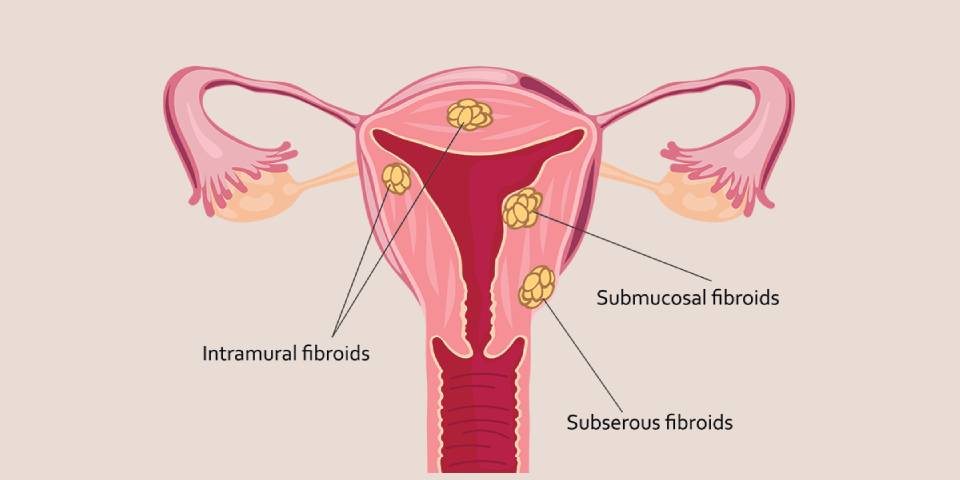Infertility is a deeply personal and challenging journey that affects millions of individuals and couples worldwide. It refers to the inability to conceive after a year of regular unprotected intercourse. In this blog, gynaecologist Dr. Shraddha Galgali will explain the complexities of infertility, examining its causes, emotional impact, coping strategies and available treatment options.
Understanding Infertility:
While understanding infertility, couple must navigate the causes. Causes such as hormonal imbalances, sperm abnormalities reproductive organ disorders, ovulation issues and age-related factors are reason for infertility. It is important to understand that infertility is not solely a female concern but can also stem from male factors or a combination of both partners’ issues.
Emotional Impact and Coping Strategies:
In stage of Infertility one can cause stress, sadness, and a sense of loss. People may experience feelings of frustration and guilt. It is important to prioritize emotional well-being and consider coping strategies such as looking support from loved ones, therapy or counselling, and practicing self-care activities that promote relaxation and stress reduction.
Balancing Life and Infertility:
Managing the demands of fertility treatments while maintaining a balanced life can be challenging. It is crucial to communicate openly with your partner, set realistic expectations, and find ways to prioritize self-care, hobbies, and relationships beyond the fertility journey. Seek a healthy balance between the pursuit of parenthood and nurturing your overall well-being.
Treatment Options:
There are many treatment options available for infertility.
- Medications: Fertility medications can help stimulate ovulation in women or enhance sperm production in men.
- Assisted Reproductive Technology (ART): ART includes procedures like in vitro fertilization (IVF), intracytoplasmic sperm injection (ICSI), and intrauterine insemination (IUI). These techniques help overcome specific infertility challenges by facilitating fertilization or bypassing reproductive obstacles.
- Surgical Interventions: In some cases, surgical procedures may be necessary to correct anatomical abnormalities, such as blocked fallopian tubes, endometriosis, or fibroids.
Seeking Professional Help:
If you suspect infertility, it is essential to seek medical guidance. Consulting a reproductive endocrinologist or a fertility specialist can help diagnose the underlying causes, conduct necessary tests, and develop a personalized treatment plan. Early intervention can increase the chances of successful conception and minimize emotional distress.
Consult Dr. Shraddha Galgali for best Infertility Treatment in Punawale, Pune (9923956515)
Infertility is a complex and emotional journey that affects individuals and couples. Couples must understand the challenges of infertility, such as its causes, explore treatment options, take gynaecologist help. Always remember, each case of infertility is unique, so it is important to approach it with compassion, patience, and a supportive network of loved ones and medical professionals by your side.





